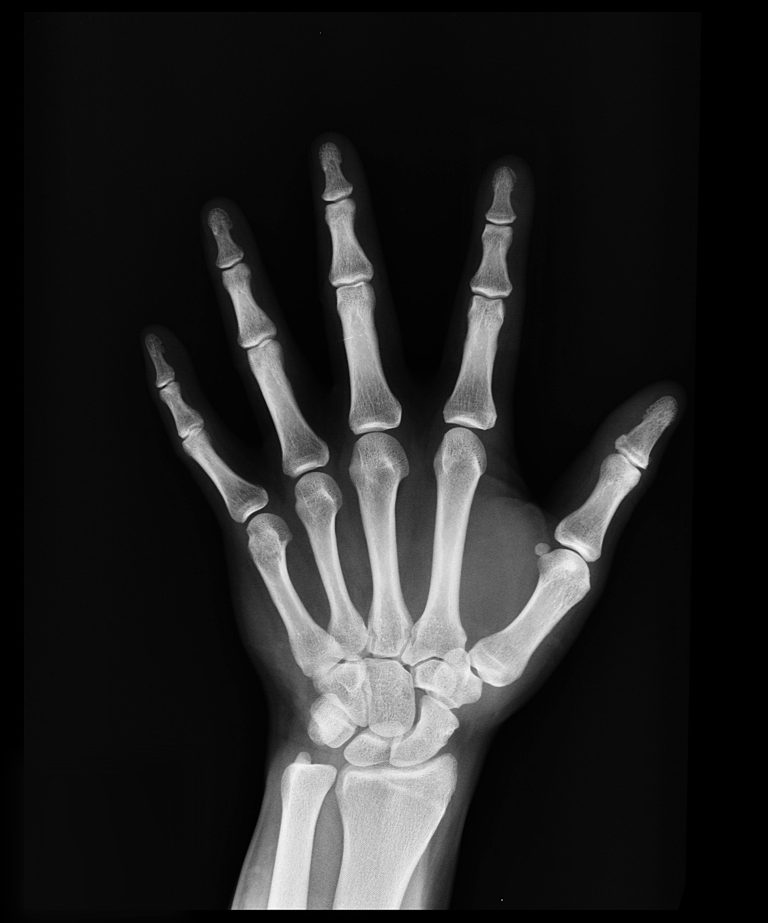Osteoporosis is a condition characterized by weakened bones, making them more prone to fractures. It often develops without any symptoms until a bone breaks, which can lead to severe pain and complications. This condition is prevalent, especially among older adults, and can significantly impact the quality of life.
What causes osteoporosis?
Osteoporosis occurs when the creation of new bone doesn’t keep up with the removal of old bone. Factors contributing to this imbalance include:
- Age: Bone density decreases with age.
- Hormonal changes: Reduced estrogen levels in women after menopause and lower testosterone levels in men.
- Dietary factors: Insufficient calcium and vitamin D intake.
- Lifestyle factors: Sedentary lifestyle, excessive alcohol consumption, and smoking.
- Medical conditions and medications: Conditions such as rheumatoid arthritis, and medications like corticosteroids.
Symptoms of osteoporosis
Osteoporosis is often called a “silent disease” because it progresses without symptoms until a fracture occurs. When symptoms do appear, they may include:
- Back pain: Caused by a fractured or collapsed vertebra.
- Loss of height over time: Due to bone loss in the spine.
- A stooped posture: Often referred to as a dowager’s hump.
- Bone fractures: Especially in the hip, wrist, or spine, occurring more easily than expected.
How is osteoporosis treated?
While there’s no cure for osteoporosis, treatments aim to strengthen bones and prevent fractures. These include:
- Medications: Such as bisphosphonates, hormone-related therapy, and bone-building medications.
- Calcium and vitamin D supplements: To support bone health.
- Lifestyle changes: Including weight-bearing exercises, quitting smoking, and reducing alcohol consumption.
- Dietary adjustments: Ensuring adequate intake of calcium and vitamin D through diet.
Preventing osteoporosis
Preventative measures can help maintain bone health and reduce the risk of osteoporosis:
- Regular exercise: Weight-bearing and resistance exercises to strengthen bones.
- Healthy diet: Rich in calcium and vitamin D.
- Avoiding smoking and excessive alcohol consumption: To maintain bone density.
- Regular check-ups: Early detection and management of bone health.
At IGAKU, we recognize the importance of addressing osteoporosis promptly and effectively. Book a consultation today to receive personalized guidance and support for managing osteoporosis and optimizing your bone health.
Ready to learn more about managing osteoporosis and improving your bone strength? Book a consultation with IGAKU today. Our experts can provide comprehensive insights and tailored recommendations to help you maintain healthy bones and enhance your quality of life.
Read our other articles here.
- IGAKUhttps://igaku.co/blog/author/igaku/
- IGAKUhttps://igaku.co/blog/author/igaku/
- IGAKUhttps://igaku.co/blog/author/igaku/
- IGAKUhttps://igaku.co/blog/author/igaku/


